
Nourish Your Gut For Mental Wellbeing

Nourish your gut and enhance your wellbeing with these brain-boosters
Beginning your journey towards a healthier gut doesn’t have to be intimidating.
It starts with consuming prebiotic and probiotic-rich foods. These superheroes are crucial for fueling your gut bacteria and promoting their growth. Populating your gut with beneficial organisms through eating foods and adding supplementation if you want a jump start, to start reaping the rewards of a healthy gut.

What are probiotics?
Probiotics are living microorganisms that are beneficial for our health, particularly for our digestive system. They are often referred to as "good bacteria" and can be found in various food sources such as yogurt, kefir, sauerkraut, and kimchi. Probiotics are known to improve digestion and nutrient absorption, boost the immune system, and prevent harmful bacteria from growing in the gut. They also have benefits for mental health and skin conditions. Incorporating them into your diet can be a simple and effective way to support your overall health and well-being.
There are numerous strains of probiotics, but three of the most commonly available are Lactobacillus, Bifidobacterium, and Saccharomyces boulardii. They can be found in supplement capsules, powders, and some foods.
Lactobacillus is known for its ability to improve digestion, boost the immune system, and reduce inflammation, and are most often found in fermented or "soured" dairy products.
Bifidobacterium, on the other hand, has been linked to improved gut health, better cholesterol levels, and a stronger immune system. This beneficial microbe has almost 50 different species, and is found in fermented foods including dairy, kimchi, sauerkraut and other fermented vegetables and even sourdough bread.
Saccharomyces boulardii is a yeast strain that has been shown to help with diarrhea, especially that caused by antibiotics. Additionally, it may help reduce the risk of recurring infections, such as Clostridium difficile (C. diff). Often present in kombucha, kefir, and lychee and mangosteen fruits.
These three strains are just a few examples of the many different types of probiotics available, each with unique benefits. Consuming a variety of foods will help to increase these benefits.
There are several research projects that focus on finding targeted strains of probiotics for specific desired outcomes. If you are looking for supplementation options in addition to eating probiotic containing foods, you may feel overwhelmed by the choices available.
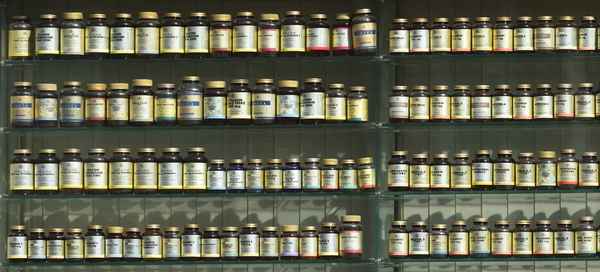
Very inexpensive (some might call them cheap) options are available at most grocery stores, retail pharmacies and health food stores - some with popular commercials and ads which intend to make you think they're higher quality - be sure that you are using a product with clinically proven ingredients, well documented quality control practices, and guarantees of potency.
Additionally, products that contain both probiotics and the pre- and post-biotics that nourish them and improve efficacy can be a more thorough way to create targeted results in a shorter amount of time (without eating 100 plants per day!) Do your research - or reach out to me so we can determine the best combination together - otherwise, you may be quite literally flushing your money down the toilet. I use this simplified supplement that contains the pre-, pro- and postbiotics all in one, so that I know I'm covered, and everything I eat can help support the work they're already doing!
Working Together
Prebiotic fiber is an essential type of dietary fiber that helps promote the growth and activity of beneficial bacteria in the gut. It is not digested in the upper gastrointestinal tract, but instead, it travels to the colon where it is fermented by the gut microflora. The fermentation process produces short-chain fatty acids (SCAs), which are important for maintaining gut health and reducing the risk of various diseases. Prebiotic fiber is found in many plant-based foods, such as fruits, vegetables, whole grains, and legumes.
Including prebiotic fiber in your diet can improve digestion, boost immunity, and support overall health and wellbeing.
Brain Boosting Foods
Fermented foods like yogurt, kefir, sauerkraut, or kimchi can introduce beneficial bacteria to your gut. It's important to include high-fiber foods like whole grains, fruits, and vegetables to promote the growth of diverse gut microbes, to maximize the positive effect on your brain's health.
To get started, try this simple, make ahead recipe to support your gut health: Overnight Oats Four Ways
Here's a list of the 6 Top Brain Boosting Foods for their prebiotic fiber and nutrient content. They encourage beneficial microbes to thrive in your gut so you can reap all the benefits!
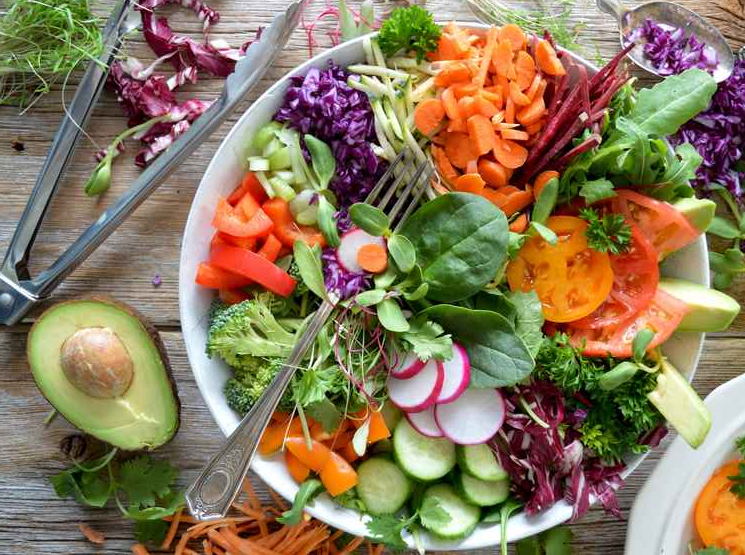
Dandelion Greens: Dandelion greens are another great source of prebiotic fiber. They also contain vitamin K, which supports bone health and blood clotting, vitamin A, which supports eye health and immune function, and vitamin C, which supports the immune system. Dandelion greens can be enjoyed sautéed with garlic and lemon juice, or as part of a fresh green salad.
Asparagus: Asparagus is a tasty way to get more prebiotic fiber. It also contains folate, which supports cell growth and development, vitamin C, which supports the immune system, and vitamin E, which supports skin health. Enjoy asparagus roasted with olive oil and salt, steamed or grilled and drizzled with lemon, salt and pepper.
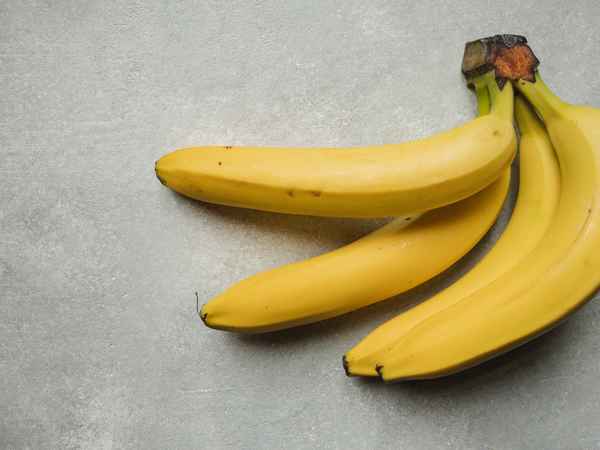
Bananas: Bananas are a simple and convenient source of prebiotic fiber. They also contain vitamin B6, which helps with brain function and mood regulation, vitamin C, which supports the immune system, and potassium, which supports heart health. Blend them with yogurt, greens and berries for a delicious smoothie, bake into your favorite whole grain muffin, or grab one on the go for the simplest fiber-rich snack!
Chicory Root: In addition to prebiotic fiber, chicory root also contains vitamin C, which supports the immune system, vitamin B6, which helps with brain function and mood regulation, and manganese, which supports bone health. Peeled chicory root can be grated into salads, or cooked and sliced or mashed with other root vegetables. Another common preparation for chicory root is roasting and grinding it to make a coffee substitute.
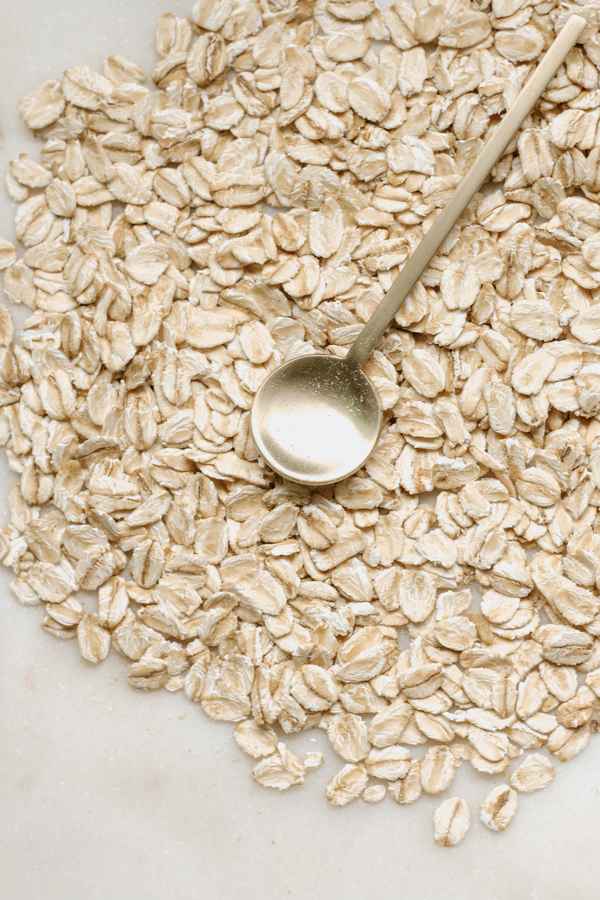
Oats: Oats are a classic source of prebiotic fiber. They also contain iron, which supports blood health, magnesium, which supports bone health and energy production, and zinc, which supports immune function. They contain fiber and protein which keep you feeling satisfied longer and helps to prevent cravings. Oats are often cooked with milk (or water) and cinnamon to make oatmeal - add nuts, berries or other fruit to make it even more nutrient rich. Use oats as a base for muffins, or grind and substitute for a portion of flour in pancakes or other baking recipes.
Wheat Bran: Wheat bran is another good source of prebiotic fiber. It also contains thiamin, which supports energy production, niacin, which supports heart health, and iron, which supports blood health. People often add it to yogurt and fruit for a healthy breakfast bowl. (Wheat bran contains gluten and should be avoided if you are sensitive to gluten, but rice bran has been shown in studies to be a good alternative source of prebiotic fiber)
Honorable Mentions: these other foods are rich in prebiotic fiber and other nutrients: potatoes, barley, garlic, jerusalem artichokes, and kiwi.
A healthy gut microbiome has been linked to lower levels of anxiety and depression, improved mood and increased motivation. By incorporating the essential pillars of a thriving microbiome into your lifestyle, you can efficiently promote your general health and wellness.
Looking for a way to incorporate more gut healthy foods into your diet but unsure where to start? Check out the recipe section of my blog, and reach out! I have several options to help you harness the benefits of holistic nutrition, and can't wait to share them with you!
Some of my content contains affiliate links, for which I may receive a small reward - at no cost to you - for recommending an item or product, but please be assured that I only recommend what I believe in.
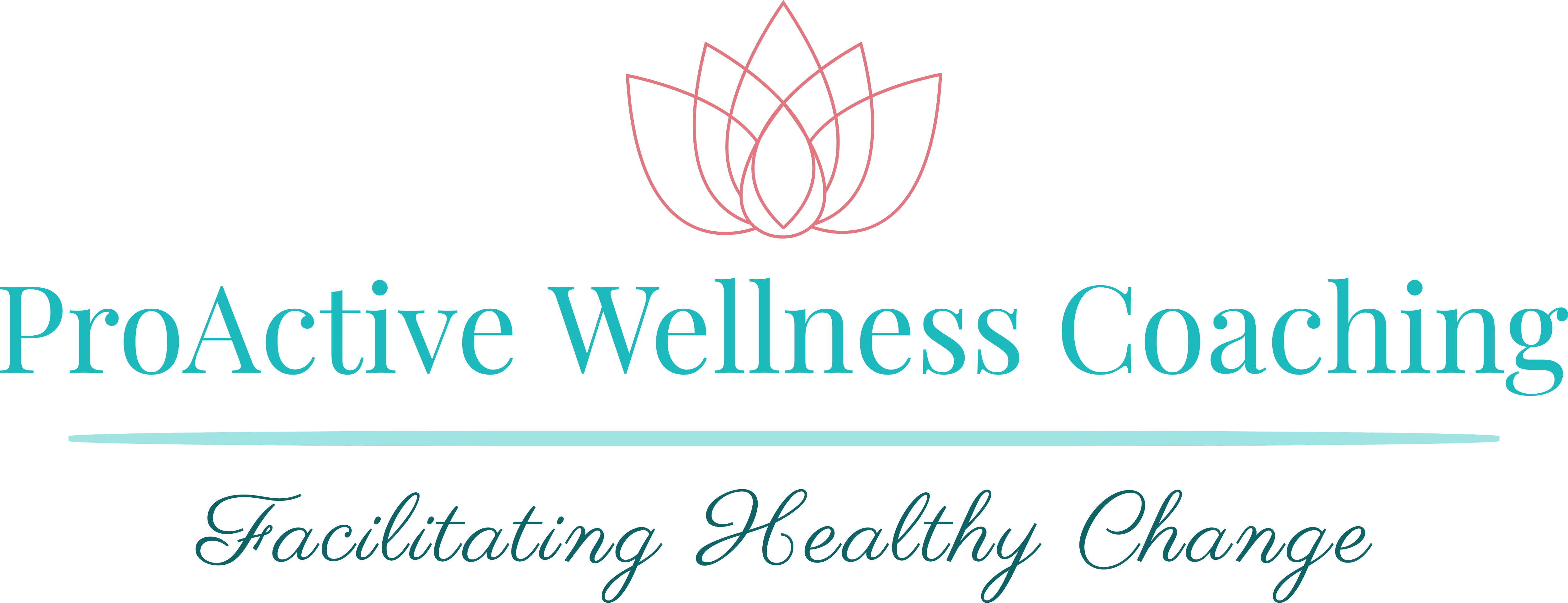
0 comments
Leave a comment
Please log in or register to post a comment